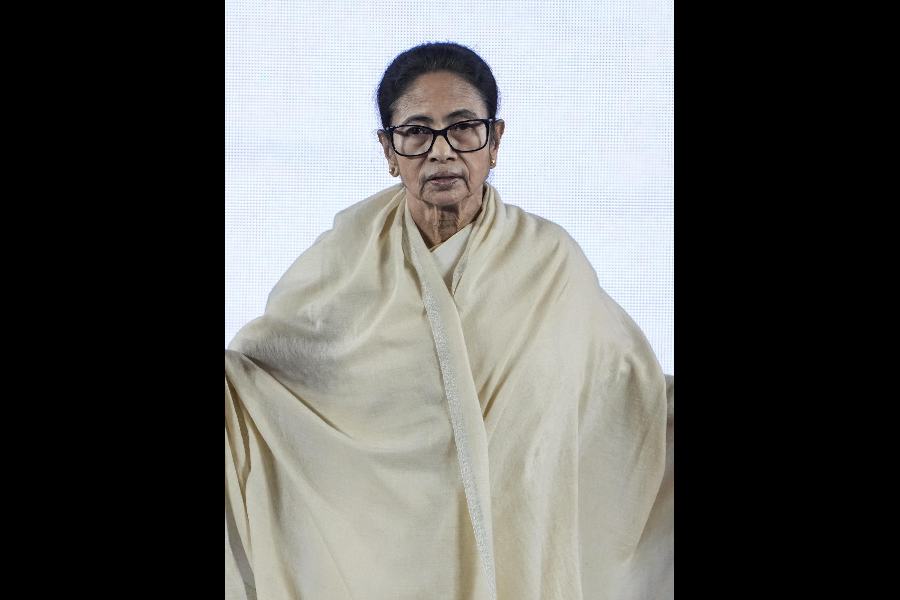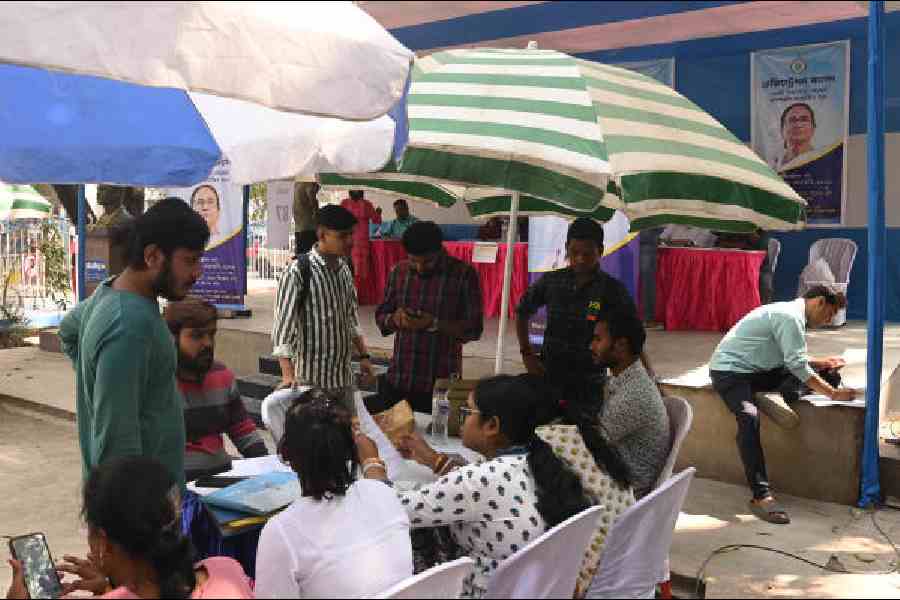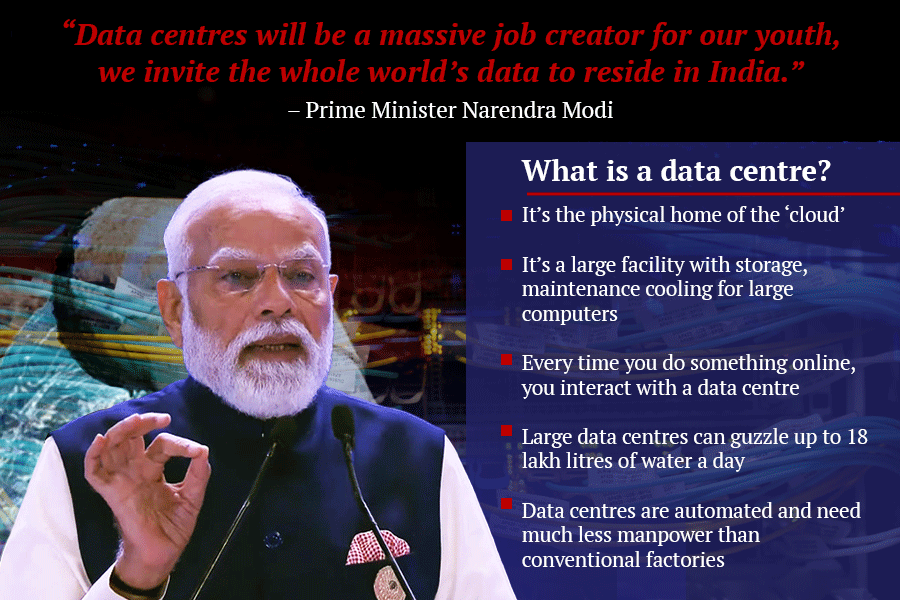|
|
Last year, the Allahabad High Court issued a verdict upholding inter-community marriages and directed police authorities to provide security to a couple after the bride filed a petition. The judges remarked that “in cases like these, the law enforcement authorities usually buy peace at the cost of the Constitutional rights and privileges of citizens”.
In Calcutta, a year ago, Rizwanur Rahman had to die because his Hindu father-in-law was against the inter-faith marriage. And recently, a kangaroo court in Behrampore, Murshidabad, awarded the death sentence to a Hindu man for the ‘crime’ of marrying a Muslim girl. The man, Shailendra Prasad, was from Bihar and worked in Mumbai. The girl, Munira Bibi, worked as a maidservant in Mumbai, where she met Shailendra and fell in love. They got married in 2006, had a child and were generally happy. Problems arose when Munira visited her parents in Murshidabad. Sensing trouble, Munira advised her husband to hide his religious identity and sport a Muslim name. Shailendra became Munna Sheikh. But his father-in-law, Ansari Sheikh, noticed that he did not offer his Friday prayers, nor responded spontaneously to greetings.
The matter was promptly reported to the village committee. The next day, a salishi sabha (kangaroo court) was convened. Twenty-two political and religious leaders, along with Munira’s father, held Shailendra guilty and decided to summarily execute him. Shailendra’s beheaded body was found in a jute field later. Nobody dared to complain.
According to Imam Khaleel Mohammed, who studied Sharia at the Muhammad bin Saud University in Riyadh (Sunni) and the Zeinabiyya in Damascus (Shia) and holds a PhD in Islamic law from McGill University, says that an inter-religious marriage is legal and has the blessing of the Creator. Neither of the spouses is under any compulsion to change his/her religion.
Inter-religious marriages are legal in most countries. In India too, there are examples aplenty. Salishi sabhas, on the other hand, are headed mostly by self-appointed judges who regularly violate legal procedures. A few days back, the media had reported an amusing instance of salishi sabha malfunction. A poor man had lost his cow and came to know that it was killed, cooked and eaten at the marriage ceremony of a rich man’s daughter. He complained at a salishi sabha, which ruled that the cow was wicked and could have killed anybody with its sharp horns, in which case its owner would have been held for murder. So the person who had killed the cow should, in fact, be rewarded for saving the owner of the cow from potential harm. Salishi sabhas have thus become synonymous with unfair, biased and hasty judicial proceedings, often ending in harsh punishment.
In Islam, apostasy is defined as the rejection of Islam in word or deed by a Muslim. Shailendra Prasad was not a Muslim, so the charge of apostasy does not apply to him. If the charge arises against anybody, it would be his wife, Munira Bibi. According to the four major schools of Sunni and one of Shia jurisprudence, a sane adult male apostate must be executed. But they differ on the punishment for a female apostate. An eminent scholar has concluded that not only does the holy book provide no punishment for apostasy, but it affirms that “He will be punished only in the Hereafter”. However, religious leaders have their own rigid and extremist interpretations of the laws.
Only political intervention can help in cases like this. But the chief minister has washed his hands of the matter by saying, “Salishi sabhas have been operating for several years in our state. What else can I say?’’ Do we dare to hope after this?











